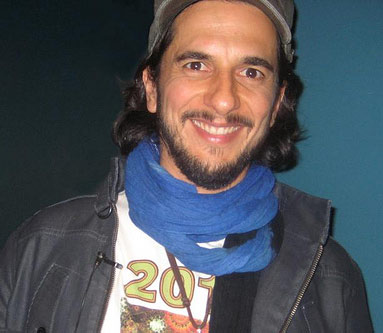
Co-producers, Tao Ruspoli, Lewis Kofsky, Blake Ashman-Kipervaser. Executive producers, Simone Haggiag, Lars von Bennigsen, Davide Clipparrone, Andrea Pederzolli, Daniel Pinchbeck, Christopher Redlich. Produced by Joao Amorim, Giancarlo Canavesio, Sol Tryon. and Intention Media release of a Mangusta presentation in association with PostModern Times and Curious Pictures. Moreover, every subject the pic touches on has been dealt with more probingly, at length, by other documentarians.Ī Mangusta Prods.
#STING 2012 TIME FOR CHANGE MANUAL#
That hits a queasy spot, since “2012” casts its net so vaguely wide it sometimes comes across as an instructional manual for well-off do-gooders who might attend Burning Man in an air-conditioned RV. “It ultimately comes down to, are you gonna do something about it?” Register says. There are some highly articulate commentators here, including “EcoCities” author Richard Register, who compares good intentions with good deeds.

Buckminster Fuller (seen in archival footage) to transcendental meditation to musician Sting (oddly avoiding eye contact) talking about the psychedelically induced “only religious experience I’ve ever had.” (It’s even odder when we get a few seconds of Ellen Page saying she recovered from “Juno’s” fame-burst by “shoveling goat shit” on a communal farm.) The resulting view of a “crisis in human consciousness” sweeps through everything from visionary R. Pinchbeck doesn’t necessarily buy into that literally, but uses his admitted personal depression over escalating world crises as a spur to go on a globe-trotting quest in pursuit of good news and bad. The latter primarily illustrate Mayan creation myths suggesting 2012 brings the end of another Earth cycle in which humanity’s latest failed form will be destroyed by the gods for showing cumulative disrespect toward the planet itself. He seems entirely lacking in humor, as does the film, aside from witty animated segments. Still, one wishes he were a more probing interviewer or prepossessing camera presence. There’s a lot of earnest truth to what first-person narrator Daniel Pinchbeck (author of “Breaking Open the Head: A Psychedelic Journey into Contemporary Shamanism”) guides us through here.


 0 kommentar(er)
0 kommentar(er)
